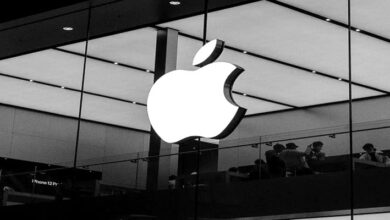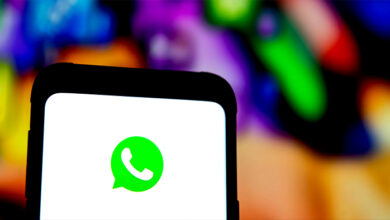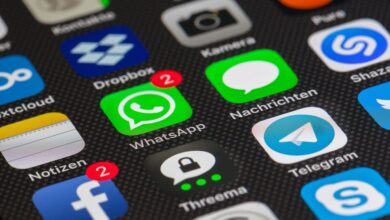Experts say that the ban on TikTok for US government phones is getting stronger, which could hurt its ad revenue.

Experts say that a plan to make it illegal for federal employees to use the Chinese app TikTok on government devices seems likely to become law. This could hurt the company’s reputation and scare away advertisers, even though it won’t affect many users.
As first reported by Reuters, US lawmakers put the proposal into a key spending bill early on Tuesday. This almost guarantees that it will pass later this week, since the Senate already gave the green light to a similar measure.
The move is the latest US effort to crack down on the popular social media platform, which has been banned in a number of states and has been the subject of a long-running national security investigation because of fears that the Chinese government could use the app to censor content or spy on Americans.
Related: Sources say that U.S. lawmakers will ban TikTok on all government devices.
The new federal ban isn’t likely to have a big effect on TikTok’s estimated 130 million US users, but experts Reuters talked to said it could hurt the company’s reputation, which could make advertisers afraid to work with it.
Eunice Shin, a partner at brand strategist Prophet, said, “TikTok is at a huge risk that this brand reputational blow will hurt their ability to make money in the long run.”
In a statement, TikTok said that it was “disappointed that Congress has moved to ban TikTok on government devices, which is a political move that won’t help national security interests,” and that it would have preferred for the Administration to finish its review of national security.
The ban was added to a huge bill to fund the US government, which is expected to be voted on this week and then sent to President Joe Biden to be signed. The bill gives the White House Office of Management and Budget 60 days “to develop standards and guidelines for executive agencies that require the removal” of TikTok from federal devices.
The White House, the Defense, Homeland Security, and State departments, among others, have already banned TikTok from government-owned devices.
Adrienne Watson, a spokesperson for the White House National Security Council, said late Tuesday that the Biden administration is glad that “Congress is making this restriction official across the federal government.” She also said that the Biden administration “has never let Tik Tok be used on White House devices.”
Matthew Quint, a brand expert at Columbia Business School, said that the ban won’t affect most TikTok users very much at all. “The real question is whether this action will start a movement on both sides of the aisle to completely ban the service because it could be a threat to national security.”
Last week, both the Democratic Speaker of the House, Nancy Pelosi, and the Republican Leader of the House, Kevin McCarthy, agreed with the idea.
But attempts to ban the app have failed in the past because of concerns about free speech. In 2020, when he was still president, Republican Donald Trump tried to stop new users from downloading TikTok and to ban other transactions that would have made it impossible to use the app in the United States. However, he lost a series of court cases, in part because of the right to free speech.
In the past few weeks, efforts to ban the app have gained steam after US FBI Director Christopher Wray said last month that it poses risks to national security. He said that the Chinese government could use the app to control users’ devices or try to influence them.
Related: Alabama and Utah ban TikTok on government phones.
On Monday, Louisiana and West Virginia became the latest states to ban the use of TikTok on government devices. They did this because they were worried that China could use the app to track Americans and censor content.
At least part of TikTok is now blocked on government computers in about 19 of the 50 US states. Most of the limits were put in place in the last two weeks.
The Committee on Foreign Investment in the United States (CFIUS), which is part of the US government and is in charge of national security, has been trying for months to reach a national security agreement to protect the data of US TikTok users. However, it doesn’t look like a deal will be reached before the end of the year.





